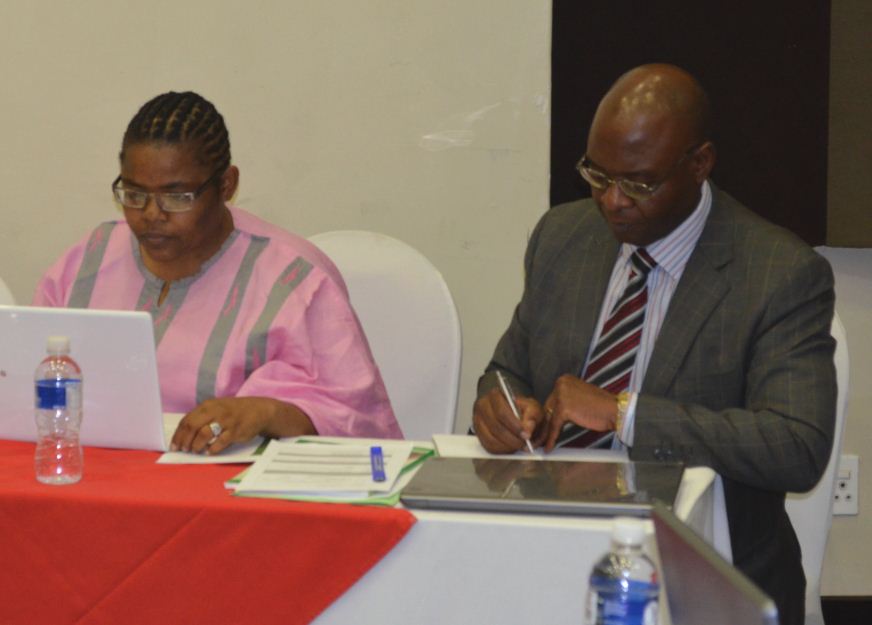SADC Regional Agricultural Policy: Still a long way to go

25/02/2014
* Successful implementation of RAP must put emphasis the role of small scale farmers
SADC Council of Ministers approved the final SADC Regional Agricultural Policy in June 2013 that was later handed over to the Heads of State Summit Meeting held in Malawi in August 2013. The Civil Society organisations (CSOs) were not amused and lamented about the council of ministers failure to consult them.
This emerged at the Land and Agrarian Conference with the theme ‘Towards a Civil Society Perspective for Equitable & Sustainable Land Policy in SADC’ from 21 – 23 October 2013, Gaborone, Botswana that was hosted by the Southern Africa Development-Council of NGOs where the Eastern and Southern Africa Small Scale Farmers Forum (ESAFF) participated.
Mr Martin Muchero, SADC-RAP Coordinator noted that agriculture remains central to poverty reduction, growth, food and nutrition security in the Region. It provides a livelihood including subsistence, employment, income and wealth creation, for nearly 61% of the Region’s 277 million people. He highlighted that a comprehensive policy framework will encourage focus and engagement in agriculture..
Mr Muchero said that a common agricultural policy would also facilitate the preparation of requests and serve as a catalyst to attract and channel urgently needed additional external assistance and investment for agriculture in a more prioritized and coherent manner. He said that the regional body will define regional policy priorities jointly with member states (MS) including key stakeholders adding that the next level of the SADC RAP policy will involve the following RAP Investment Plan with a meeting scheduled for February 2014.
Mr Hakim Baliraine, the Secretary General of the Eastern and Southern Small Scale Farmers Forum (ESAFF) said the formulation of the SADC Regional Agricultural Policy (SADC – RAP) was noble process to harmonise agriculture policies and practises to eliminate hunger and poverty in the region. However, he said ESAFF had noted with concern that small scale farmers were not adequately accorded space to contribute to the process of making the SADC RAP.
He asserted that the successful implementation of the RAP must put emphasis the role of small scale farmers, livestock keepers and fisher folks.
Mr Baliraine said that ESAFF commend the policy statement for recognizing the loss of indigenous plant and animal genetic materials, but noted that the proposed interventions lacked specific measures.
He added that the RAP policy should strive in promoting small-scale farmers rights to preserve, breed, share, sale and distribute quality local certified seed adding that there is need for facilitating the implementation of the SADC Harmonised Seed Regulatory System that strongly recognise small scale farmers rights to preserve, breed, share, sale and distribute local quality certified seed.
Mr Baliraine noted that ESAFF is proposing that the policy seek to promote agro ecological farming model to increase agriculture production sustainably whilst protecting and enhancing natural environment also on point and facilitating the harmonization and standardization of guidelines on the proper use and disposal environmental friendly fertilizers and agrochemical.






















